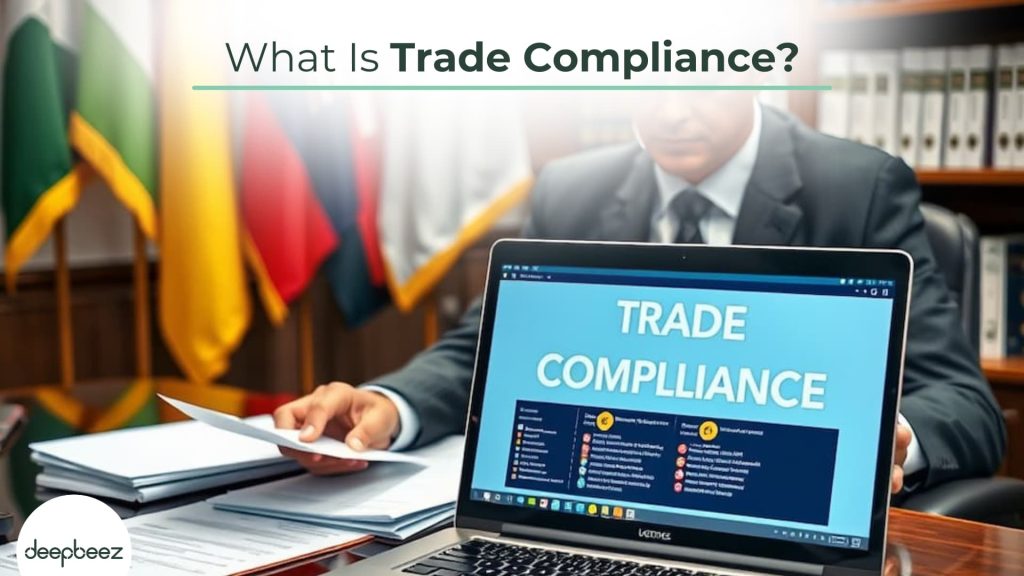What does trade compliance mean? Trade compliance covers a wide range of legal and regulatory requirements for international trade, customs compliance zeroes in on the specific rules and processes related to the entry and exit of goods through a country’s borders! Have you ever wondered what keeps global trade running smoothly? Or why some businesses thrive internationally while others face hefty fines and restrictions? The answer lies in trade compliance.
In order to stay trade compliant, you need to pay all the duties and taxes of your import/export business. Deepbeez customs duties calculator will help you along the way.
